
2022 governance and leadership training
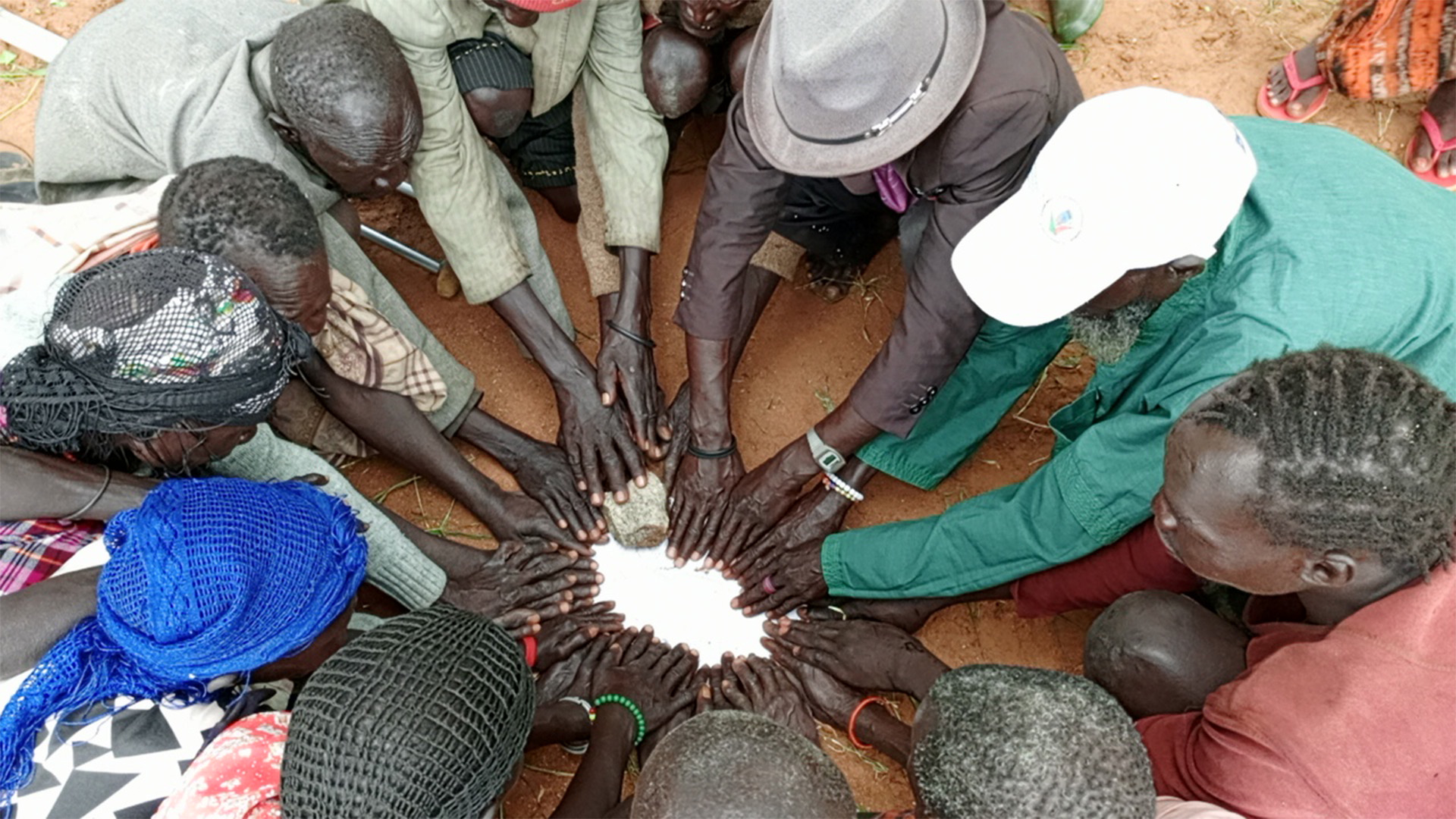
Elders blessing peace resolutions.

Opening of ROG office in Budi.
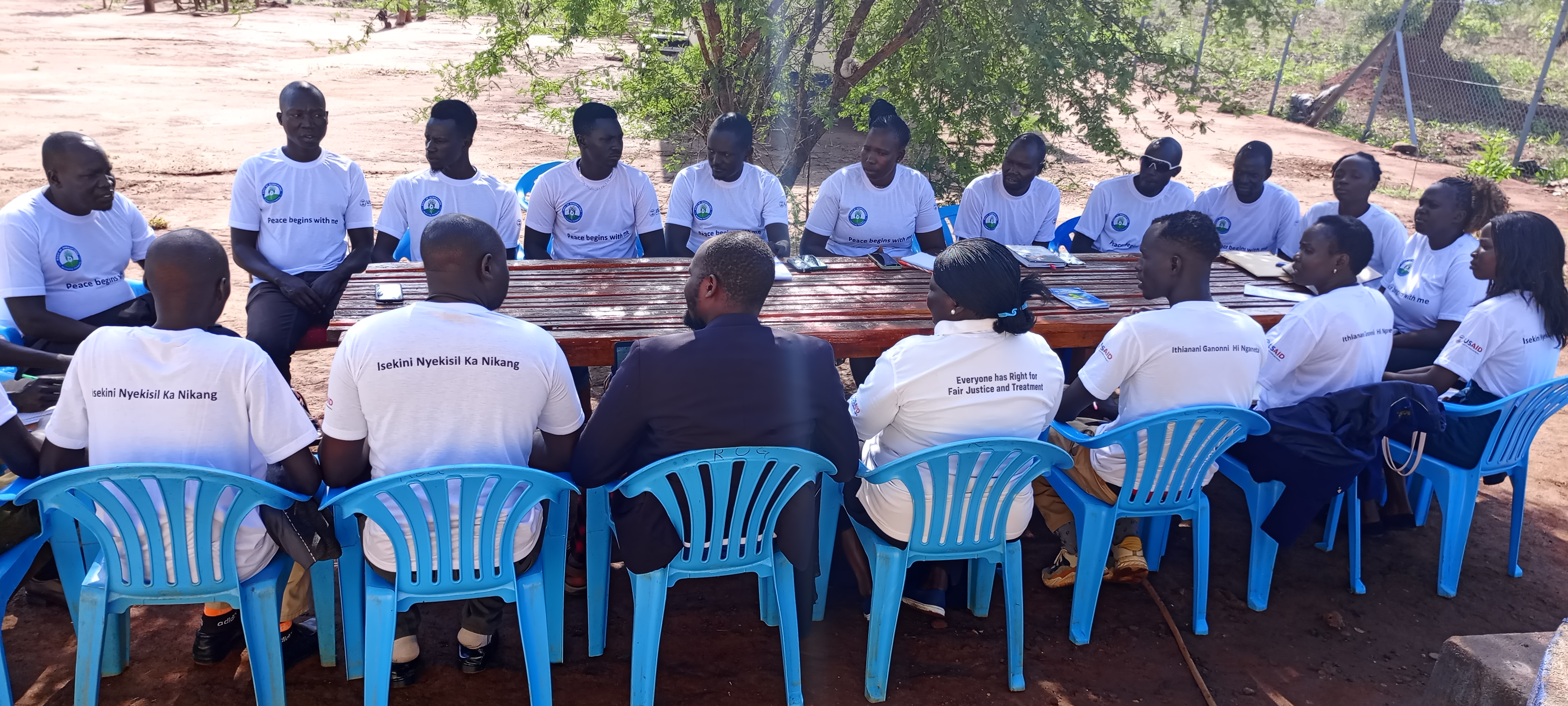
2024 annual get together.
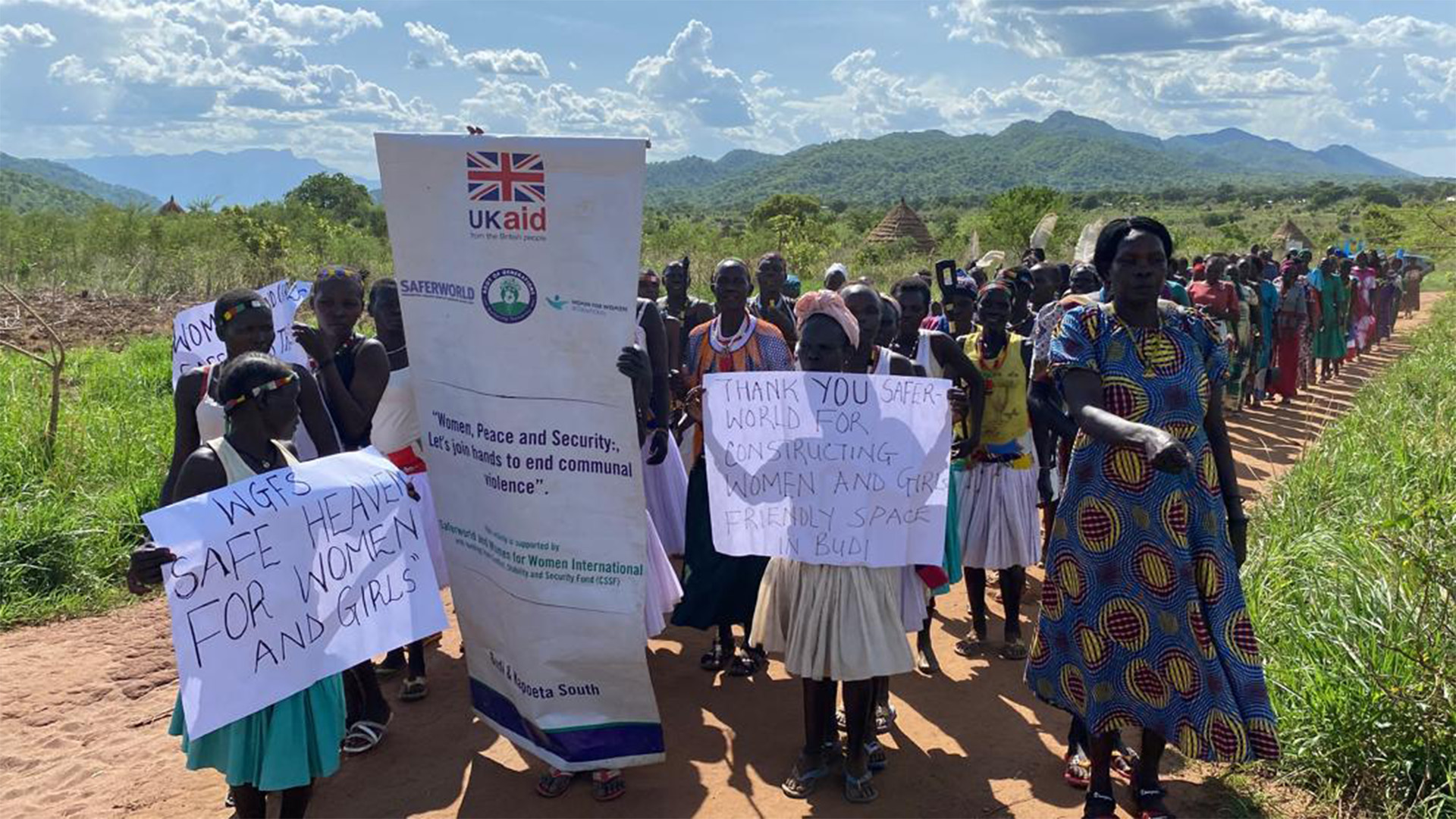
Gender issues permeate all aspects of South Sudan’s development. This includes low female literacy, inadequate health services that have resulted in some of the world’s worst health indicators, scant representation of women in the economy, governance, and decision-making mechanisms, and harmful traditional practices, such as early marriage and customs that violate universal human rights.
By putting a woman’s and a child’s image in the center of RoG’s logo, and naming our organization as Root of Generation, we at organization recognizes the importance of a woman and sets strategies to explain that a woman is a root of a society, a pillar in which a society cannot stand without.
A root (which symbolizes a woman and a girl) that requires to be watered and nurtured in order to have better fruits; which is a quality generation of tomorrow. A tree without root cannot blossom. A society where the role and dignity of a woman and a girl is challenged, cannot achieve a development.
We support advocacy for women’s rights and gender equality, and supports women’s groups to promote peace and reconciliation throughout South Sudan, empowering women through inclusive and participatory processes, environmental justice, and supporting trauma awareness mechanisms that are helping survivors discuss, overcome the impacts of trauma and break cycles of violence.
ROG approach in addressing societal issues is looking at household as a unit that comprises of 3 persons; a woman, a man and a child. In the efforts to empowerment, ROG targets the 3 individuals for a better generation as illustrated.

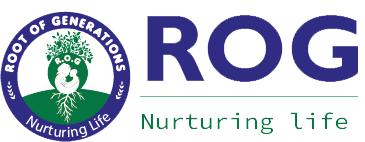
Green represents prosperity.
Blue represents the sky which is our destiny.
A woman holding a child at the center
A root is her legs
Above is a tree bearing fruits which represents generations.
Responding to emergencies and building resilience
Community based mental health therapy, counseling and referrals
Mobilizing diverse stakeholders and promoting peaceful community coexistence, social and community cohesion.
Gender equality and women’s economic justice
Environmental protection and adaptation building for economic resilience and prevention of climate-induced forced displacement
Promoting and enhancing effective, gender responsive, gender transformative, democratic and inclusive governance
Promoting inclusive and sustainable growth
Advocacy and research
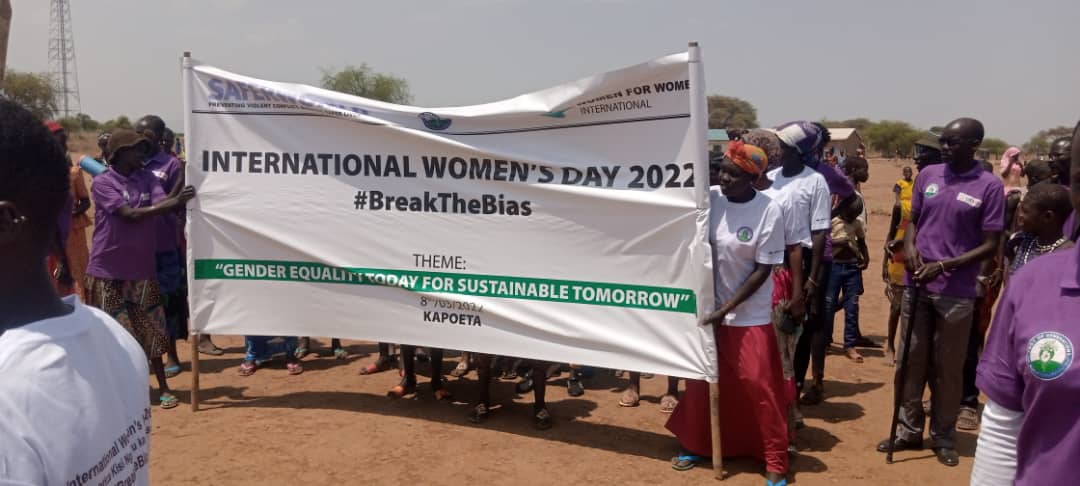
She is a 16-year-old student at Chukudum secondary school. She explained that during the corona locked down, she has seen most of her school mates getting pregnant. ‘I feel bad for them. They will not be with me in class when school reopens’’. Asked about how she had managed to keep herself from pregnancy, she said I focused because of the messages I heard from Root of Generations ‘School first and marriage later’’. These messages were circulated during career guidance sessions in schools.
‘To me, going for traditional dances was a red zone since 2019. My memories about the friends I lost, and my baby whom I pulled out from my wounded friend have remained so fresh in me. But I am very thankful that ROG brought the trauma awareness trainings. I have attended 4 traditional dances since August because this program taught me that trauma is a normal thing that can occur to individuals but we must rise above it’ Susan Nadai, who once shared stories about not attending traditional dances during a fatal shooting of her friends at a traditional dance in 2019.
Road users no longer require arm escorts to move between Chukudum and Camp -15 after ROG facilitated peace dialogue between Buya and Didinga communities in Nov-2021. (ROG has always been appreciated for responding to prevent potential violent conflicts). Lucky enough safer-world and WFWI had just provided ROG with flexible grants which it was able to respond to such conflict. That change was significant because safety of people and goods was threatened when there was conflict between the two communities. Since then, the Didinga and Buya in that corridor have been living peacefully.
She said “in my water point people are now paying water users fee which can help in H/P repair in case it breaks down.” Apart from that, she says that even people agreed to clean the water points during the O&M training that was conducted.
Before this it was hard to make people clean and participate on any activity of cleaning the water point. She says “Now people of Najie have started owning their water points, which is very important.”
She however insisted that ROG in partnership with VNG should continue with the trainings.

















Plot No.179, Block A ,No.IV, 3rd Class Hai Munuki, Residential Area, Juba.
root.generations@rog.org.ss
+211 928 661 256
© Root of Generations. All Rights Reserved.